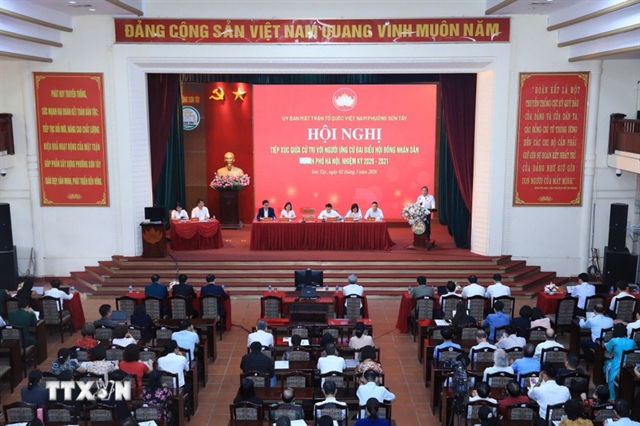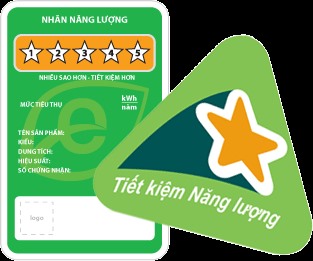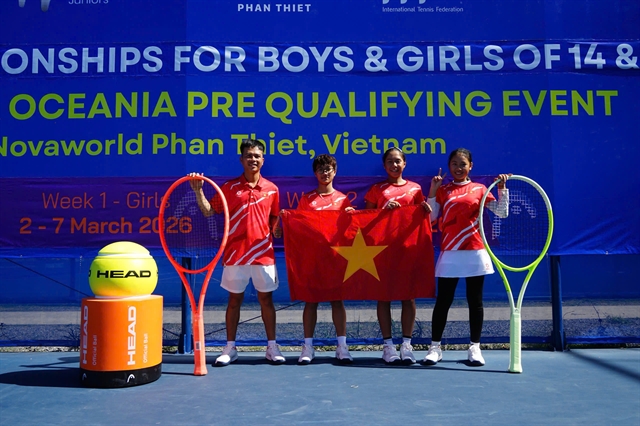 Society
Society

The complicated procedures to issue energy rating labels before custom clearance have troubled many enterprises that import electric appliances.
 |
| The complicated procedures required to issue energy rating labels before custom clearance have caused troubles for many enterprises that import electric appliances. — Photo nhannangluong.vn |
HÀ NỘI – The complicated procedures required to issue energy rating labels before custom clearance have caused troubles for many enterprises that import electric appliances.
According to a Government Decree in 2011, most electrical products are required to carry energy rating labels before being sold on the market. These labels help provide consumers with information about power consumption and the product’s level of energy efficiency. This enables consumers to compare products and make informed purchases.
The products also need to be certified so they meet the Minimum Energy Performance Standard (MEPS) before being able to pass custom clearance.
Regulations issued by the Ministry of Industry and Trade (MoIT) require that when a consignment of electrical appliances is imported to Việt Nam, the importing enterprise needs to take a sample product to a designated testing centre for a certification of energy efficiency. The same procedure needs to be repeated for every consignment of the same product that is later imported.
Although the Việt Nam Customs have asked the MoIT’s General Directorate of Energy, which is in charge of the issue, to change the regulation so that the result of the first test is allowed to certify for similar consignments that are imported later, so far nothing has changed.
On top of that, experts say the insufficiency of eligible testing centres in the country have prolonged the testing times and raised costs for enterprises. Currently, there are only six eligible testing centres across the country, and each centre is only eligible to test a certain group of products.
A nation-wide survey conducted by the USAID Governance for Inclusive Growth Program shows that the time needed for testing a product varies from several days to several months, depending on the product type.
In a recent document on this issue sent to the Government and MoIT, the American Chamber of Commerce in Việt Nam (AmCham Vietnam) said thousands of products were being kept in storage for several months before passing custom clearance to wait for the labels, causing considerable damage to manufactures and importers.
The Hải Quan (Customs) newspaper has reported a case where an enterprise had to pay VNĐ5-6 million (US$225-270) and waited for weeks to get an energy efficiency test result for an imported electric motor worth about VNĐ2 million ($90).
Experts also say the requirement of meeting the MEPS should not be imposed on products made in developed countries such as EU countries, Japan and the US as these countries already impose much higher energy efficiency standards than Việt Nam.
They say the testing procedure on these products are a waste of time and increases the input costs for enterprises.
In AmCham Vietnam’s document, the organisation also proposed that products made by world-known enterprises using advanced technologies be exempt from the MEPS tests in Việt Nam. This is because these products have already passed tests conducted by internationally recognised certification organisations before being sold on the market, the document said.
During an inspection on customs-related issues last month, Deputy Prime Minister Vũ Đức Đam also asked the MoIT to adjust or abandon irrelevant regulations on this issue. The aim is to reduce the time of custom clearance and ease enterprises’ difficulties, in order to comply with Government Resolution 19, issued in April this year, which aims to improve the business environment and increase national competitiveness. – VNS




